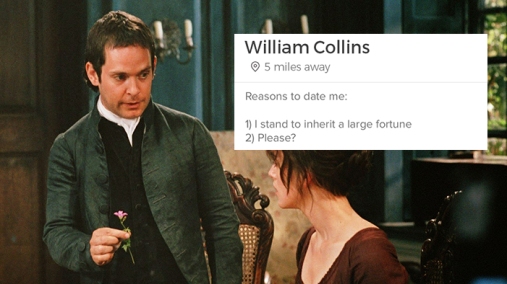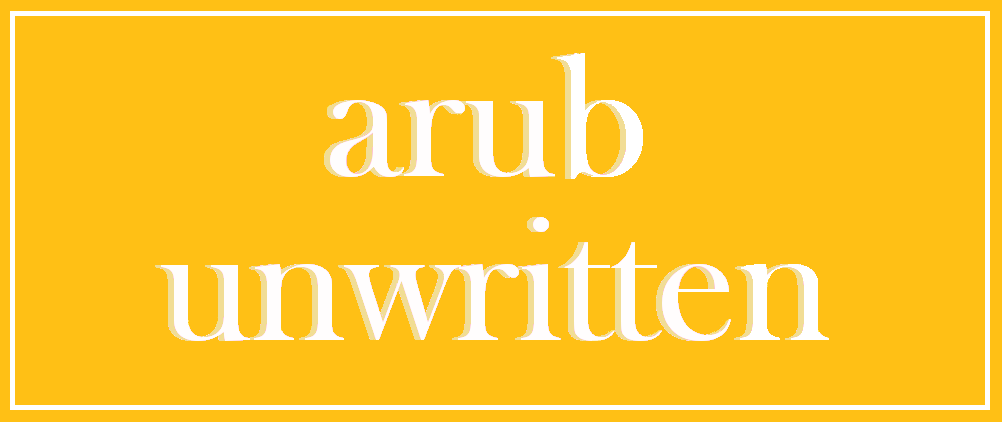
Today I wanted to talk about the Literary Canon i.e. the greats and the classics of literature that have stood the test of time. The word canon comes from the ancient Greek word kanṓn meaning a measuring rod or standard, and these works are considered to be the best of what has been produced in storytelling.
I’m a literature graduate, so I think there’s a lot of value in the canon and here’s why I think people should consider reading these books.
Timeless Books

My number one reason to read the literary canon is that a lot of the books featured are timeless. These are books that are relevant today in story, character or message no matter when they were written. The language may be older and the way that the characters act may seem alien to you, but that doesn’t mean the stories can’t resonate. There’s a reason why Pride and Prejudice has been adapted, remade and re-imagined so many times: the story is timeless!
Examples: Pride & Prejudice, Lord of the Flies, To Kill A Mockingbird
Intertextuality
Here’s the thing about writers: they are nerds. In my first year of uni I studied classical texts, medieval to renaissance literature and modern world literature. This was my foundation for everything I would read after it. Once you’ve read things like The Iliad, you see how much writers have been influenced by previous great authors and works and it makes the meaning of the work deeper.
Literally, the entirety of T. S. Eliot’s The Waste Land is filled with intertextuality meaning that each reader has a different understanding of the poem depending on what they’ve read in the past. This extends to contemporary books too and it makes my nerdy heart glow.

Examples: City of Bones by Cassandra Clare opens on a club called Pandemonium. This references John Milton’s epic tale Paradise Lost where he invented the term Pandemonium meaning a place where all demons live. Understanding this gives a clue and nerdy readers (like me!).
In Harry Potter, the idea of Voldemort creating a self-fulfilling prophecy was inspired by Macbeth. (Rowling is a total nerd and there is an entire wikipedia page on literary references in HP.)

And who could forget this classic Simpson’s Treehouse of Horror episode, riffing off of Edgar Allan Poe’s The Raven?
Missing Out on Really Good Books

Simply put, just because a novel is old does not mean that it is boring. Yes, it might not be as easy to consume as literature is today but that doesn’t mean it should be valued less. Dismissing classics as a whole is a limited perspective and I believe there is something in the canon for everyone. It’s also not limited to wordy, Victorian novels but includes poetry, plays and as it continues to grow, modern classics.
Examples: The Great Gatsby, Of Mice and Men, anything by Agatha Christie
Widen Your Scope

Reading something outside of your comfort zone is a great thing; it widens your view of the world and your understanding of it. I have an interest in the position of women historically and how this has changed. Reading a contemporary 17th century book is reflective of views at the time and is a great window to understand society at the time. There is a plethora of literature that can expand your understanding of the world.
Examples: Interested in what it was like to be a woman in the 19th century? Read a Jane Austen novel. Want to know about the AIDs epidemic in the 80s? Read Angels in America. Looking to understand the Holocaust better? Read Art Spiegalman’s Maus.
So, what do you think – are you a reader of the ‘greats and classics’? Which literary classics have surprised you?
I’ll be following up on this post with one on why you don’t *need* to read the canon too, so let me know if you disagree!

This was a fabulous post.
I do think it’s a good idea to read the literary canon, but I also think we should regularly evaluate which new(er) books/authors should be added to it. Your example about reading stories set in the 1980s when AIDS first came onto the scene is a wonderful one.
Relevancy is also something that varies a lot from person to person. Not every classic novel/play/poem is going to appeal to every person, and that’s totally okay. For example, The Great Gatsby is one classic that I’ve never been able to connect with in any way.
On the flip side, Jane Eyre is one of my all-time favourite books, but I’m sure there are people out there who have the opposite reactions to both of those tales!
Trying something from the literary canon is sort of like meeting a stranger. There are some folks I adore right away and would spend time with regularly. I can find something good to say about everyone I’ve ever met, especially once I’ve gotten to know them. There is also a very small handful of people I’ve met that I never want to spend time with again.
LikeLiked by 1 person
That’s a really good point, evaluating what is good should be ongoing because there is certainly an aspect of ‘this-is-part-of-the-canon-so-it’s-automatically-good’.
I’m actually the person who has the opposite reactions to The Great Gatsby and Jane Eyre, so that’s a point proven right here haha!
Thank you for your thoughtful response Lydia and I love the analogy of meeting a stranger 🙂
LikeLiked by 1 person
I love this! I read so many classics when I was at university (also a lit student!) but since I’ve left I haven’t really picked many up. Mostly, if I’m honest, because I always feel a bit of pressure to read new things because of the blog. And, I guess, classic lit feels a lot harder to review – there’s so much thought out there already!
You’re so right though. There is a reason these stories have stood the test of time (even if that reason isn’t good!) and you have a much better understanding of the present by engaging with the past – and one of the best ways to do that is through reading!
LikeLiked by 1 person
Thank you!
Same, I’ve definitely stopped reading classics as much since leaving uni – they are longer and slower and just less talked about amongst the blogs I usually visit. But I think I’ll try bringing them into my regular reading soon, maybe every few books I’ll read a classic!
LikeLike
Wonderful post! I totally agree with the reasons you state here. So many of these are reasons why I like picking up classics and ticking them off my mental list of must-reads-in-my-lifetime hahah I also love how writers of today are inspired by those of the past as well. To be able to spot the references makes reading them even more fun! 😛
LikeLiked by 2 people
Thank you!
A bookish bucket list of classics are definitely a thing and literary references are my favourite thing to nerd out about 😛
LikeLiked by 1 person
Absolutely brilliant post! Couldn’t agree more on everything here!!
LikeLiked by 1 person